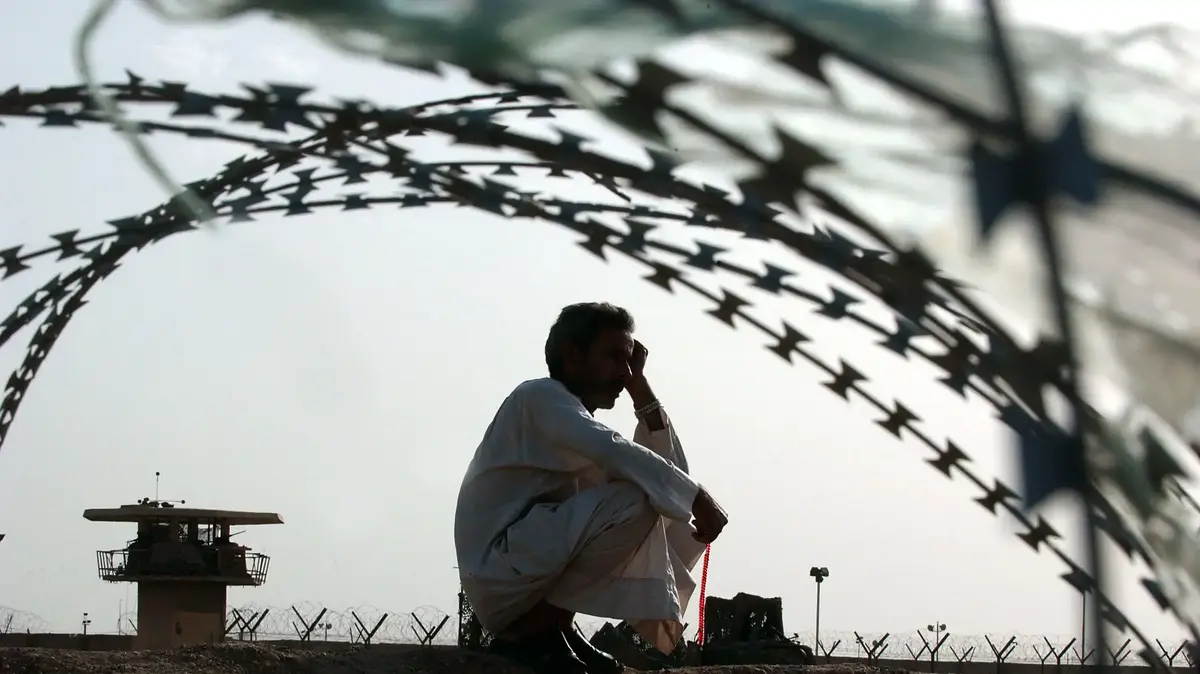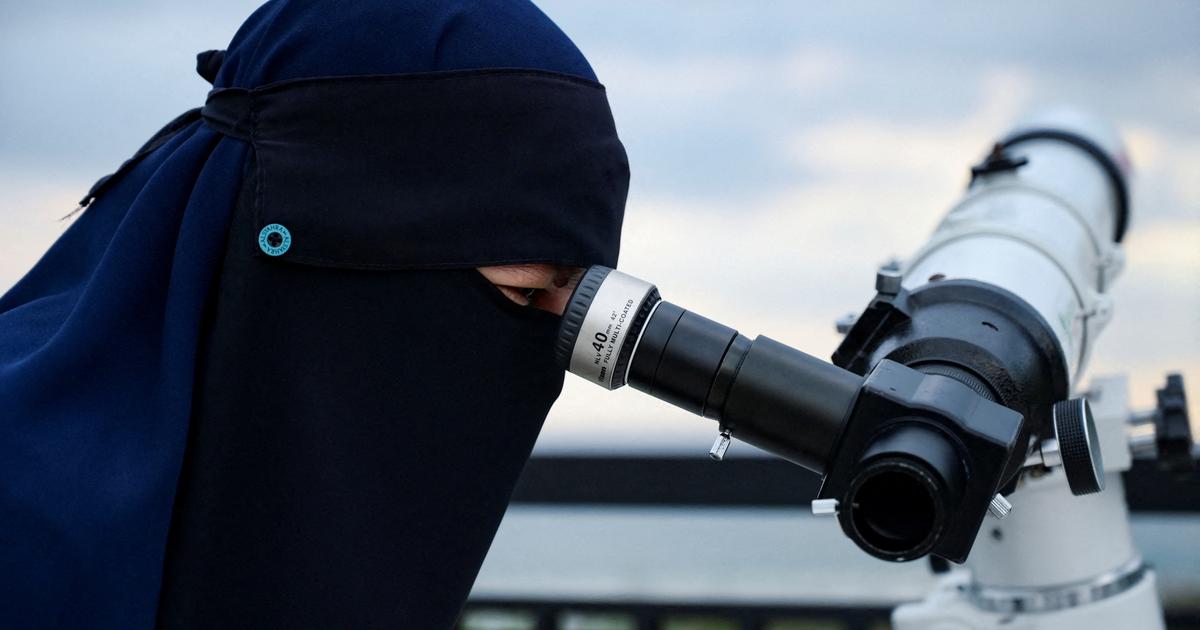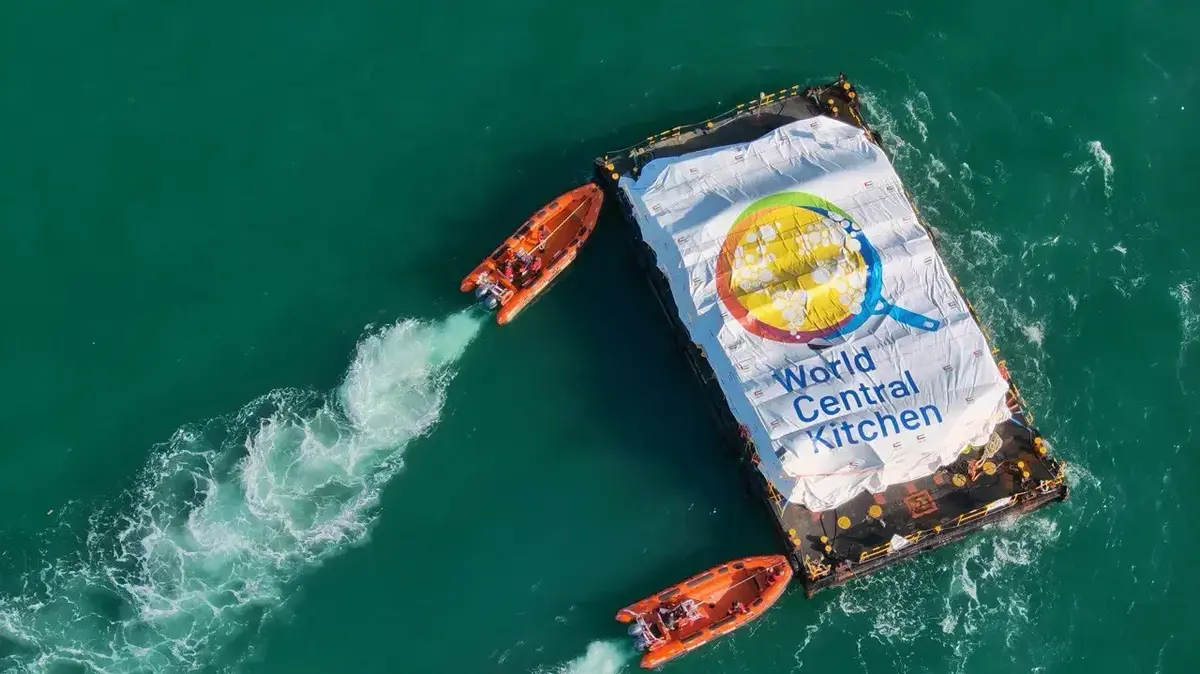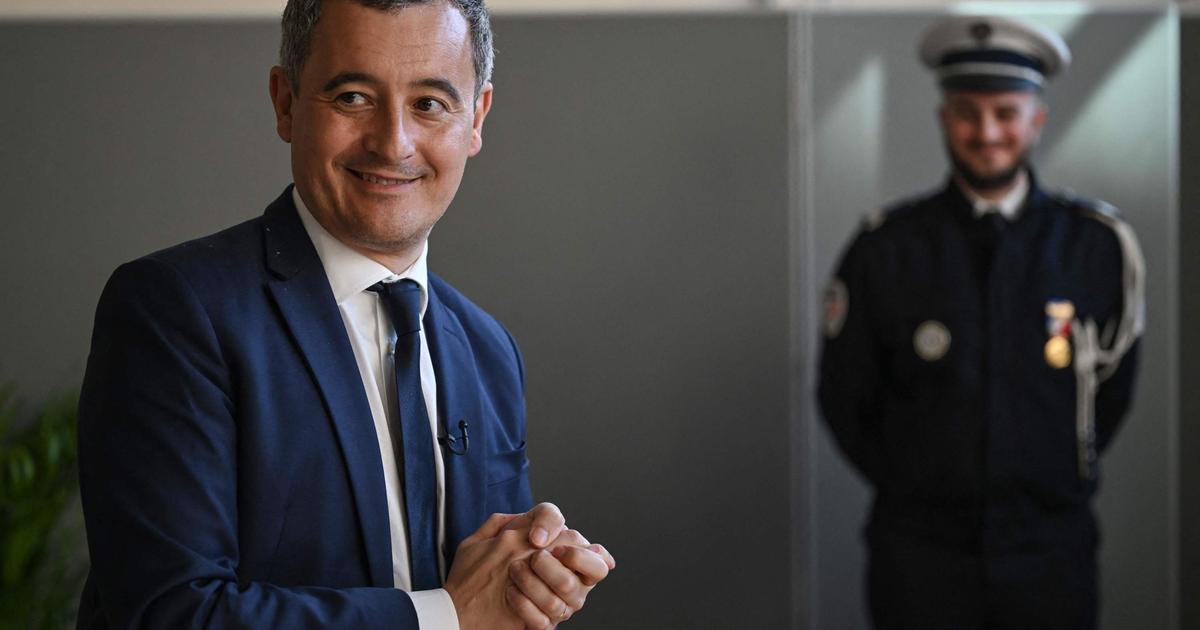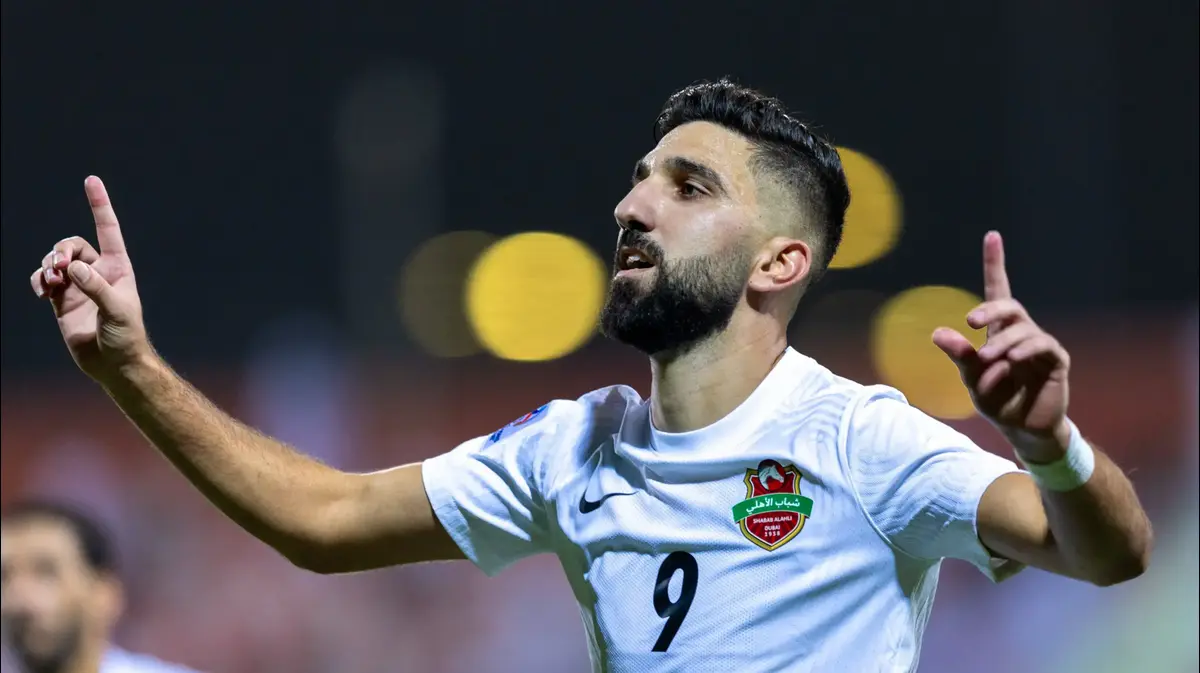The United Arab Emirates (UAE) has announced the sending of a spacecraft to the moon with an exploration vehicle by 2024. The project, following the recent launch of a probe into the orbit of Mars with the help of the United States, is the latest example of the ambitions of this small and rich Arab country bordering the Persian Gulf.
On the verge of celebrating the 50th anniversary of his birth next year, the UAE aspires to see its diplomatic, economic and military projection recognized with a seat on the United Nations Security Council.
The spacecraft will be entirely manufactured in the Emirates and by Emirati engineers, according to its vice president and prime minister, Sheikh Mohamed Bin Rashid al Maktoum.
The project aims to study aspects of the lunar surface such as its components, formation and thermal properties.
To do this, your lunar rover will land in an area of the earth satellite that has not been explored by any of the previous missions.
Furthermore, the Emirati project also wants to test new technologies in materials science, robotics, mobility, navigation and communications.
But above all, it aims to make the UAE the fourth country to reach the moon, after the United States, the Soviet Union and China.
Israel tried unsuccessfully last year.
“The Emirates space ambitions reflect the essence of its aspirations.
Few countries can afford a space race and the Emirates is the only one among the Arabs.
For [its leaders] it is crucial to project that image of success, wealth, power and excellence because they want young people and leaders of other countries in the area to want to resemble the Emirates and strengthen relations with them ”, interprets Cinzia Bianco, specialized researcher in the Gulf of the European Council on Foreign Relations.
They have already achieved something.
For the ninth year in a row, the UAE tops the list of countries that young Arabs would choose to live in, ahead of the United States, Canada or any of the Europeans, according to a recent survey by consultancy ASDA'A BCW.
The Emirati rulers admit those ambitions.
"We want to be a global player," said Minister of State for Foreign Affairs Anwar Gargash, a regular government spokesman who, although formally under the leadership of Sheikh Mohamed Bin Rashid (also Emir of Dubai), actually controls the Sheikh Mohamed Bin Zayed al Nahyan, crown prince of Abu Dhabi, the emirate with the greatest weight of the seven that make up the federation.
And for this they are willing to break down barriers and take strategic risks as they have made clear this summer with the establishment of relations with Israel, breaking the Arab consensus not to do so until there is a Palestinian state.
“They want to show that they are a strategic partner for the United States;
it is possible that it will help them to balance their relations with Iran, and even vis-à-vis Saudi Arabia if in the future a conflict arises between the two, ”says Abdullah Baabood, Omani specialist in Gulf affairs and visiting professor at Waseda University ( Japan).
Beyond the technological and commercial benefits of this alliance that the Emirati leaders underline in their statements, Baabood insists on its political value.
"They see it as insurance that can help them in their conflict with Qatar or in the face of the bad press generated by the [military] campaign in Yemen," he says.
The UAE joined Saudi Arabia when Prince Mohamed Bin Salman decided in 2015 to intervene in Yemen's civil war.
That participation, with the deployment of troops in the south of that country, has cost him at least a hundred deaths and damaged his reputation due to the accusations of human rights violations that weigh on the local forces that he has trained.
Since last year, Abu Dhabi has reduced its involvement in the conflict, although it is still present in Libya and Somalia, where it faces Turkey in a fight that is both military and ideological.
Under Mohamed Bin Zayed, the Emirates has become the spearhead against political Islam that its leaders see as an existential threat, but which has the backing of Ankara and Doha.
In this context, the Emirati determination to secure one of the five rotating positions on the UN Security Council that is renewed in June of next year becomes more relevant.
“The Security Council is the only place where you can interact with global powers almost on an equal footing.
It is an incredible prestige for a small country that tries to behave like a great regional power, ”says Bianco, convinced that the Emirates seeks to represent the Arab world.
Baabood doubts that is possible given the divisions that exist among the Arabs and even among the six Gulf monarchies.
"It is an instrument to improve its regional weight," he insists.
In his opinion, for a small country it is important to show itself as a useful partner to the great powers, but also to balance it with not only economic and military resources, but also human resources.
The UAE is the second largest economy in the Gulf, after Saudi Arabia, but almost 90% of its 9.5 million inhabitants are foreigners.
"My impression is that the UAE has been betting too hard and playing in a higher league, perhaps overreaching in the same way that Qatar was accused in the past," he sums up.
Bianco admits that the Emirates runs the risk of exceeding its ambitions, but expresses its confidence in the ability of its rulers to manage this difficulty as they have done, for example, with the ports they control around the world despite lacking the capacity to protect them from attacks.
"It is foreseeable that after the covid-19, and despite the fact that its economy has been the least damaged in the Gulf and probably in the entire region, it will optimize its financial diplomacy," he theorizes.
Reinforced by the good results of its commitment to innovation and economic growth, the United Arab Emirates aspires to become a model for other countries in the region and, in the process, close the way to Islamism.
For Bianco, it is about "building a new regional order where the UAE becomes a kind of geopolitical advisor and important actor for transnational economic strategies, in short, the co-pilot of the global powers in the area."
Just like in your space projects.
In the lead against covid-19
The UAE's commitment to science and technology has been highlighted with the covid-19.
Just three weeks after the World Health Organization declared the pandemic, the largest laboratory outside of China for the detection of the virus was inaugurated in Abu Dhabi.
This milestone, the result of an agreement between the Beijing Genomics Institute (BGI) and the technology company Group 42, has allowed the Emirates to lead the country in number of PCR tests per capita from the beginning.
In addition, the UAE has put the diversity of its 9.5 million people (90% foreigners of almost all nationalities in the world) at the service of research.
A total of 31,000 volunteers among its residents are participating in the third phase of clinical trials of the Chinese group Sinopharm vaccine, including Health Minister Abdulrahman al Owais, who received the first dose last month.
The Government has also announced that the Russian Sputnik V vaccine will be tested.

/cloudfront-eu-central-1.images.arcpublishing.com/prisa/DUCDNSGO55BOZDQZZ7SOMI7VDY.JPG)
